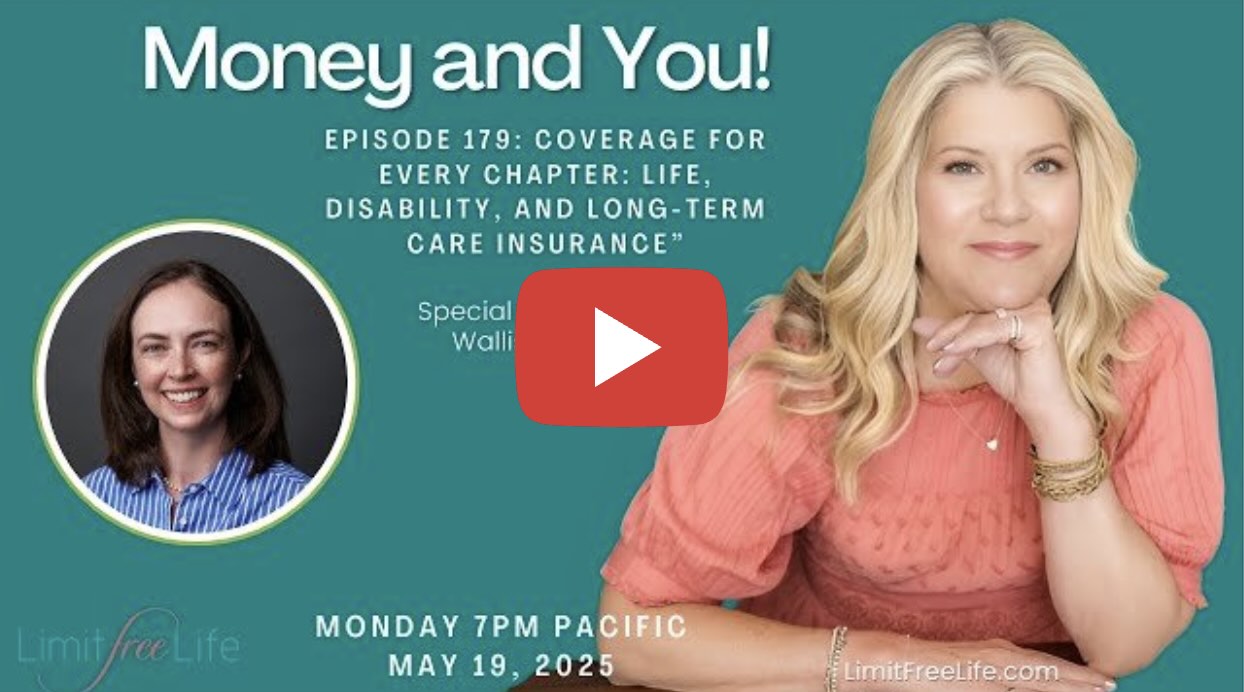When you shop for insurance (life, disability or long-term care) it’s important to know how the industry works, so you can make it work for you.
Working with a broker vs. "going direct" doesn’t affect price.
The price you pay for any particular policy is fixed, regardless of which broker you work with, or whether you use a broker at all.
We don't want to bore you with the details of state insurance regulation, just know that a particular policy from a particular company can only cost one price anywhere in your state, regardless of who sells it to you.
Whether or not you work with a broker does not affect price. The insurance company pays the broker, you do not, and the price you pay is the same regardless of whether you work with a broker.
An analogy about cars: say someone wants to buy a 2017 Toyota Sienna with a particular set of features. In real life, that same car could sell for different prices at different places. It’s not the same with insurance. Imagine if each car manufacturer had to file a fixed price for 2017 Toyota Siennas with that feature set with a state regulator, and any person or dealership selling that car in a given state had to sell that vehicle for that price. That’s how insurance works.
You need to shop around to get the best price: talk to a broker who represents at least 12 major insurance companies in your state.
To get the best price, you need to see your options in the market. Just because someone is an “independent broker” doesn’t mean they can sell you the best policy for you.
For an independent broker to sell a given company's insurance policies, that company has to give that broker permission. The result is independent brokers who can sell different companies’ policies. They will all tell you they "check many different insurance companies to find you the best price" and that is true, but what they usually don’t tell you is that they can only sell you what they have permission to sell.
This is why you’ll want to check with at least one broker who represents 12 major insurance companies in your state or more.
An analogy about TVs: say someone wants to buy a TV. They head into a store and see there are 5 brands of TV for sale. They probably understand that the sales person on duty is not going to suggest a 6th brand the store doesn’t sell. It works the same way with insurance brokers. They won’t tell you to go elsewhere. They will look at what they can sell, and try to find you the best choice in that set of options.
Your health rating (aka "underwriting classification") matters. A lot.
Your health rating could be the biggest driver of price. This rating includes not just your health, but also your behavior, such as your driving record and the riskiness of your hobbies.
An experienced broker can give you an idea of how often a particular insurance company actually grants it highest health rating (spoiler alert: it’s pretty different between companies, and varies by health situation). Insurance companies like to advertise their best rates, but whether or not you can get that best rate is a different matter.
Especially if you have a health or other risk consideration either now or in the past (depression, serious illness, sky-diving, even having had moles removed), chat with brokers about those issues and see who sounds like they have a good understanding of what impact that could have.
The interaction between the insurance company and broker can matter a lot, particularly if you’re not obviously the highest health rating.
You might be surprised by the number of mild situations that insurance companies will claim are the reason you should pay more: scuba-diving on occasion, having moles removed (even harmless ones), etc. Your family history, depression, diabetes, speeding tickets, a love of sky-diving, etc. are all reasons insurance companies might want to charge you more.
Don’t lie or omit things on your application. Seriously.
It can be uncomfortable to answer some of the questions honestly, but just do it. The odds of getting away with lying are low, and the consequences can be really bad -- for example, you end up on a "black list" of people known to have lied on an application and cannot get insurance.
As part of the underwriting process, you will grant the insurance company permission to review your medical records, look you up in the Medical Information Bureau (where insurance companies share info about any "lies, omissions or misrepresentations" a person has made previously on an insurance application) and check a prescription database for medications you've been prescribed. The insurance company will (typically) do a medical exam themselves, too.
The big “sticks” are that benefits might be denied to your survivors if the insurance company later finds that you lied, or you could find yourself unable to get insurance because you're on a list of people who've lied. Definitely not worth it.
How to get started
Here at AboveBoard, we offer smart, ethical insurance brokerage services with over 30 carriers across life, disability, and long-term care insurance. As an independent brokerage, we provide unbiased guidance to find the right coverage for your needs. Our experts advocate on your behalf, securing the best rating and pricing for your unique profile.
Get a quote for life insurance, disability insurance or long-term care insurance to start exploring your options.
If you need more than one type of coverage, fill out whichever one is your highest priority, and then let your AboveBoard team know about the additional coverages you'd like to explore when you do your first call or receive your first email from us.




